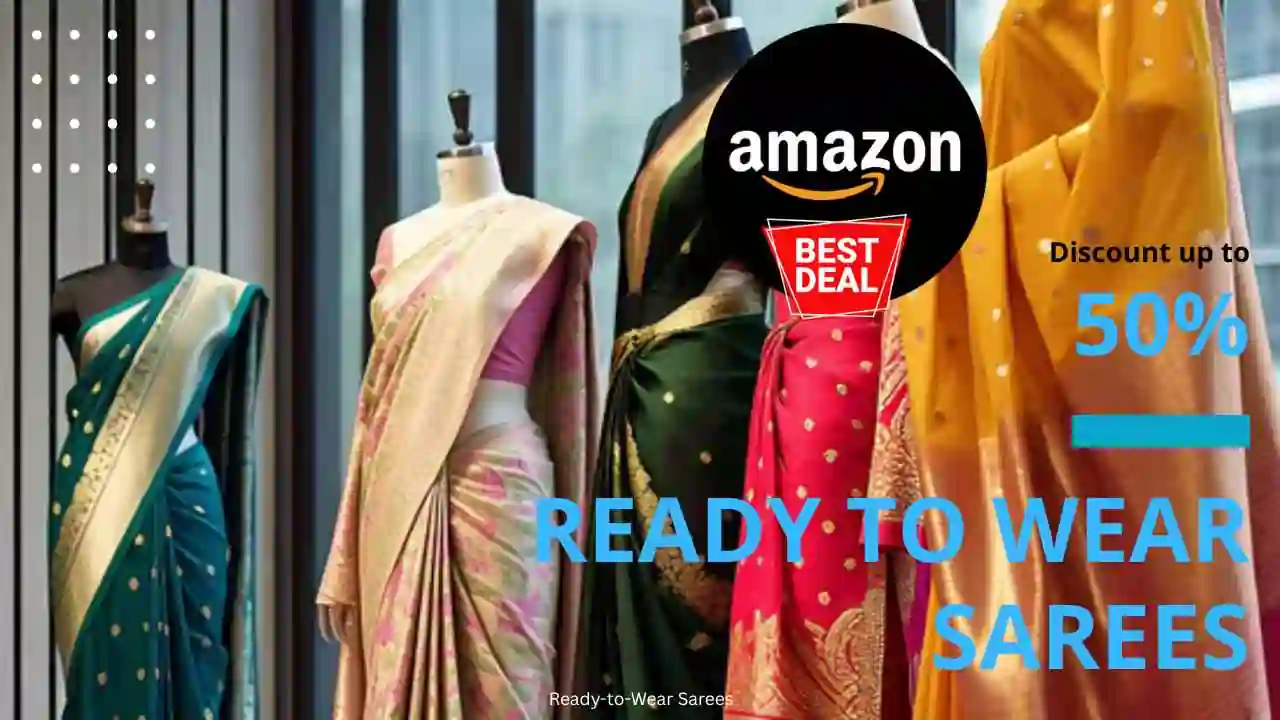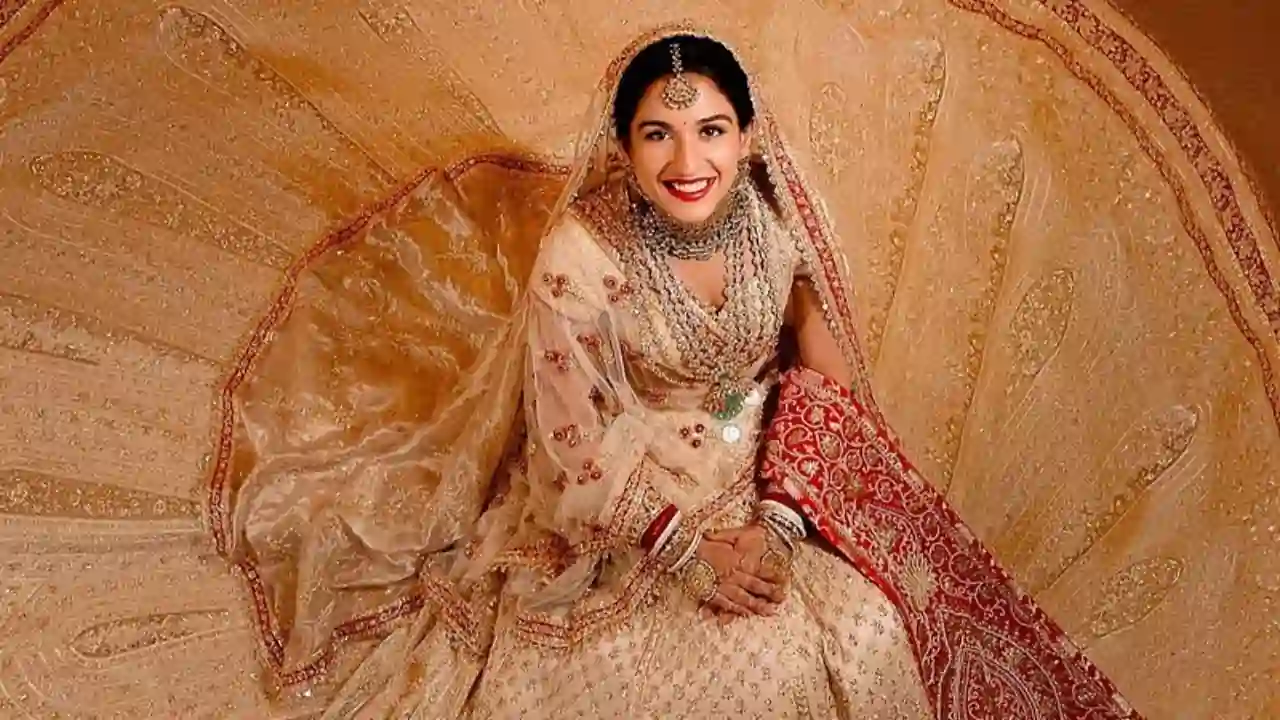
Study says very attractive and very unattractive men are most hostile towards women. Here's why
6 months ago | 5 Views
Misogyny, or hatred and prejudice towards women, is a deeply ingrained issue that affects societies worldwide. A recent study conducted in the U.K. revealed that men who perceive themselves as either extremely attractive or highly unattractive tend to exhibit higher levels of hostility towards women, compared to those with a more average self-assessment of their appearance. The study also found that men who hold strong right-wing authoritarian beliefs are more likely to display hostility towards women.
Links between misogyny, attractiveness and gender roles
This study, published in the Scandinavian Journal of Psychology, explores how misogyny is expressed through a spectrum of behaviours, ranging from subtle exclusion and belittling to more overt actions like aggression, verbal abuse, and physical or sexual violence. A related concept to misogyny is sexism, which is the belief that one gender is inherently superior to the other, leading to unequal treatment and discrimination based on gender.
Both misogyny and sexism fuel gender-based inequality, reinforcing damaging stereotypes and limiting opportunities, especially for women. These attitudes harm women by maintaining oppressive structures, but they also negatively impact men by enforcing rigid gender roles and expectations that restrict emotional expression and personal growth.

The study found a strong link between right-wing authoritarianism and hostility towards women, both in the form of hostile sexism and misogyny. Men with authoritarian beliefs, favouring strict social hierarchies and traditional gender roles, were more likely to express hostility towards women, highlighting how these attitudes contribute to misogynistic views.
Another key finding was the curvilinear relationship between self-perceived attractiveness and hostility. High self-perceived attractiveness may be tied to narcissism, while low self-perception may lead to externalized frustration.
What factors influence hostility towards women?
The study also revealed that men exhibiting symptoms of gaming addiction were slightly more likely to hold misogynistic attitudes; however, the overall time spent gaming did not strongly predict hostility once other factors were considered. Additionally, sensitivity to rejection was linked to increased hostility towards women, indicating that men who are more sensitive to perceived rejection may develop more negative attitudes.

In terms of sexual experience, men with the fewest or most sexual partners were generally less hostile towards women compared to those with an average number of partners. This suggests a complex relationship between sexual experience and hostility, with those at both extremes exhibiting less hostility than those in the middle range. "Our findings indicate that high right-wing authoritarianism and both low and high self-perceived attractiveness are linked to increased hostility towards women among men in the general population," the study authors concluded.
The research highlights the connections between various personal characteristics of men and their hostility towards women. However, it's important to note that the study was conducted using an online sample of men from the U.K., so the results may not be applicable to men from different cultural backgrounds. Societal norms and values can differ significantly across cultures, potentially influencing attitudes toward women in unique ways.
Read Also: Can milk lead to weight gain?





















